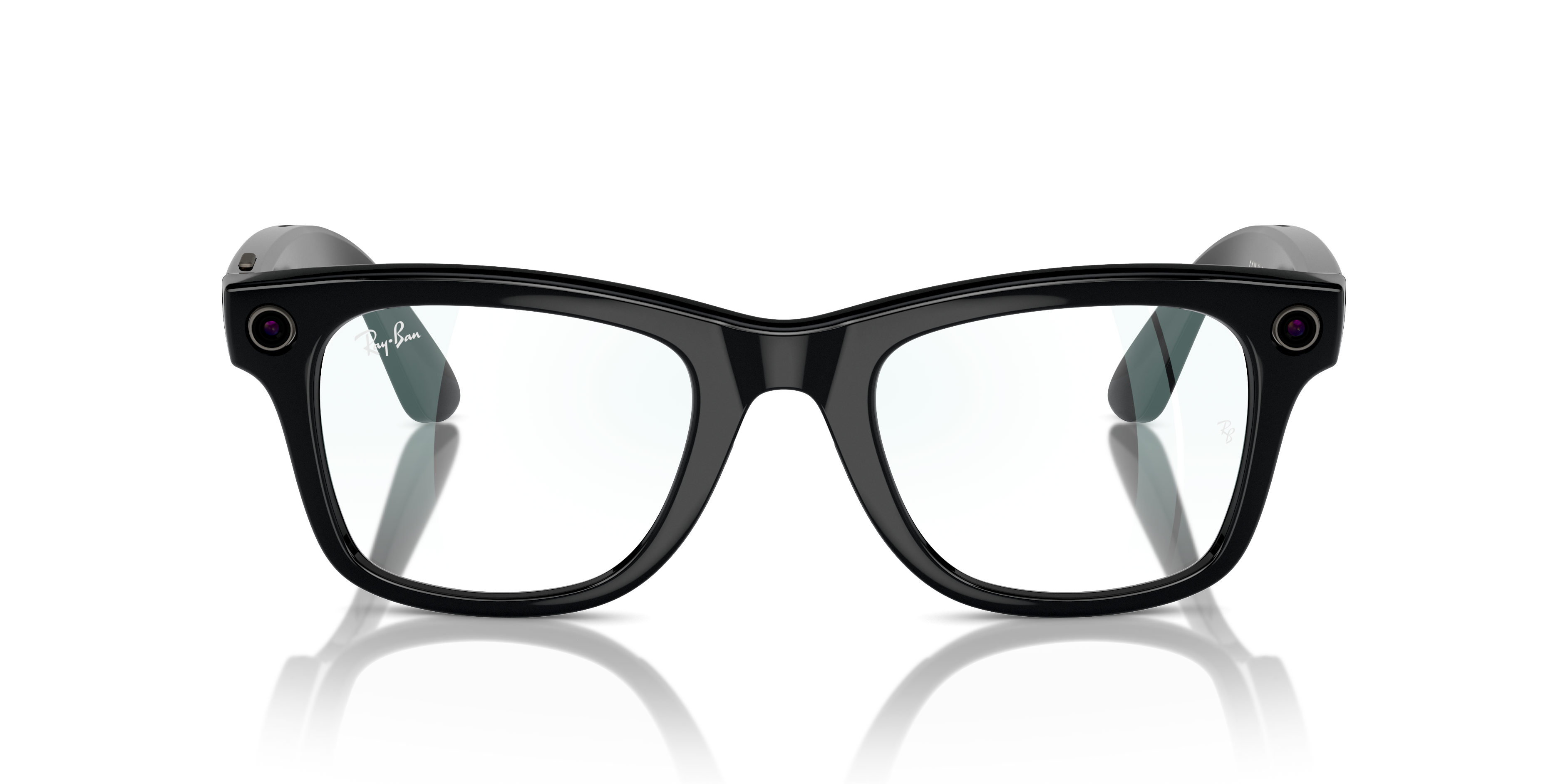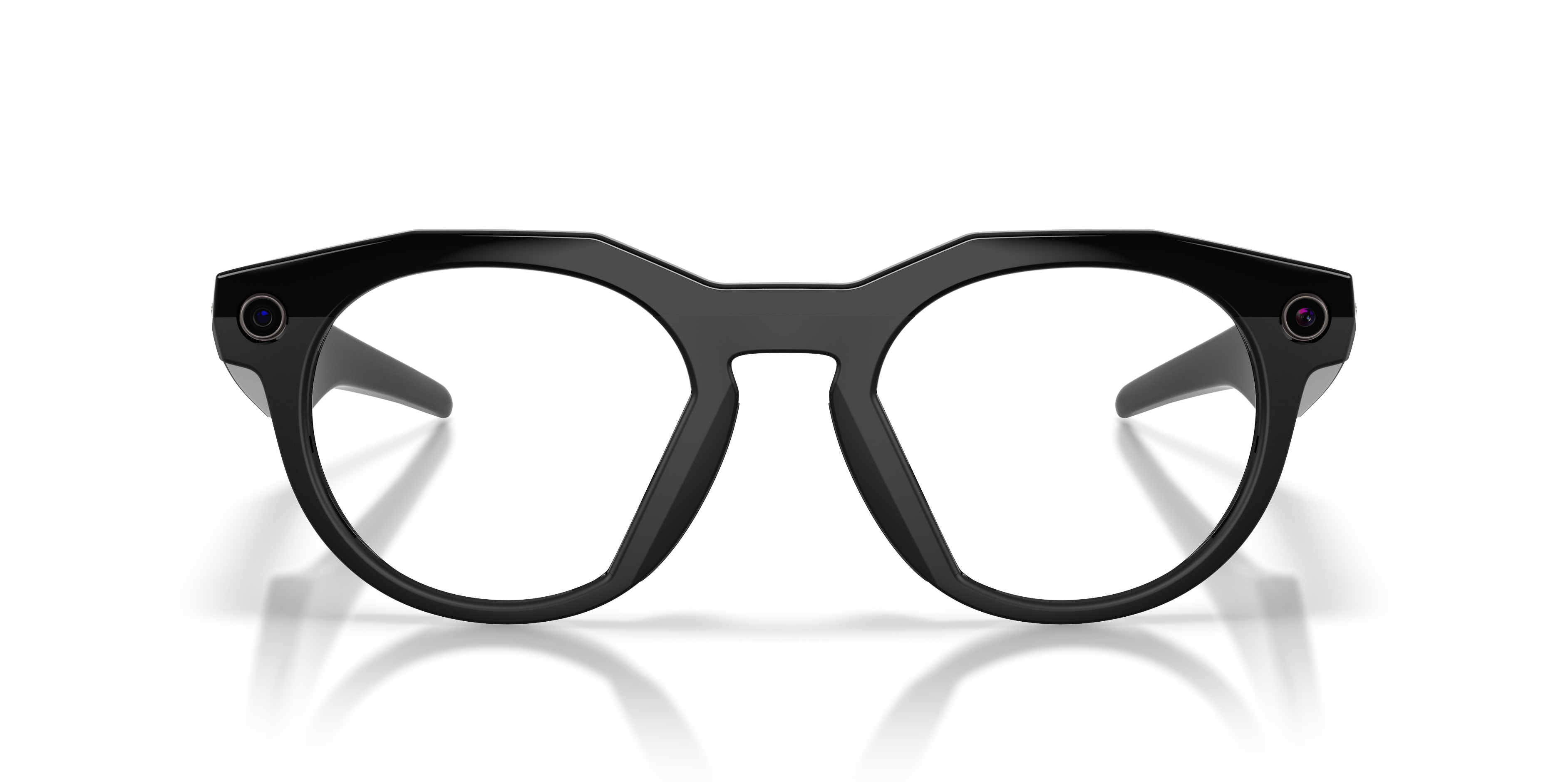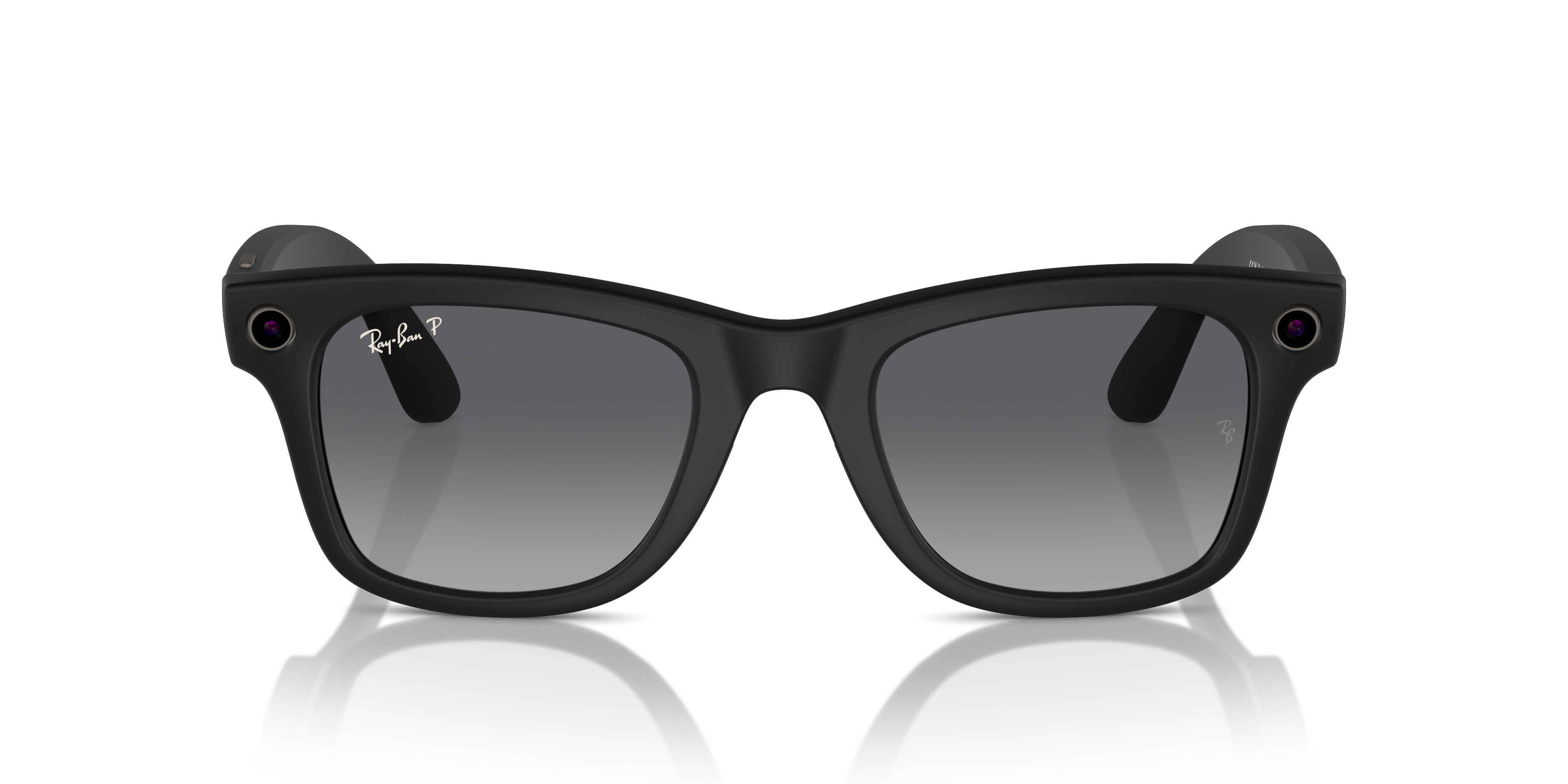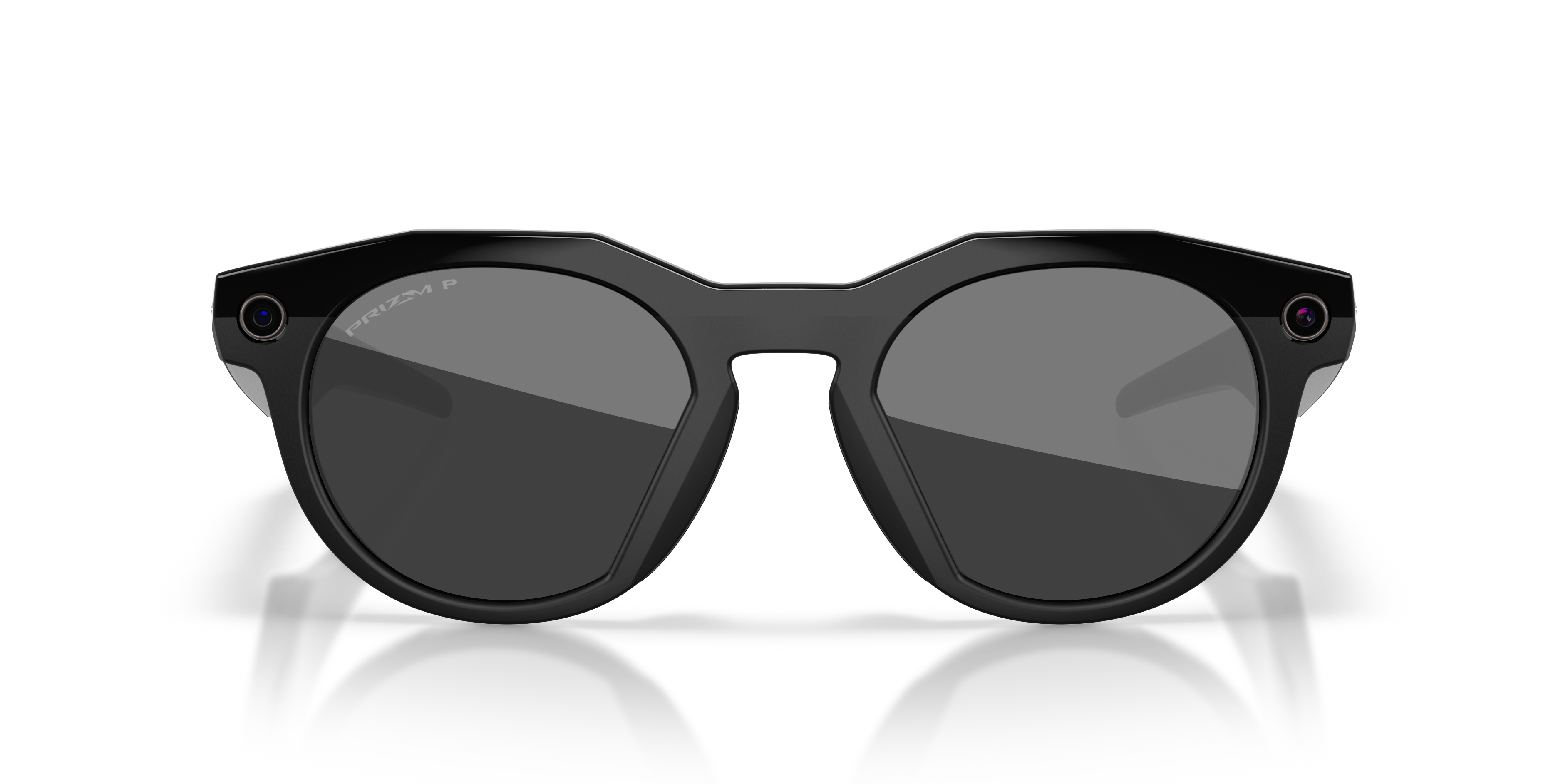HOW TO CARE
FOR
YOUR GLASSES
and
contacts
Glasses and contact lenses are an investment of time and money that helps ensure your vision is at its best. One of the most important things you can do to maintain this investment is to keep your eyewear clean and cared for.
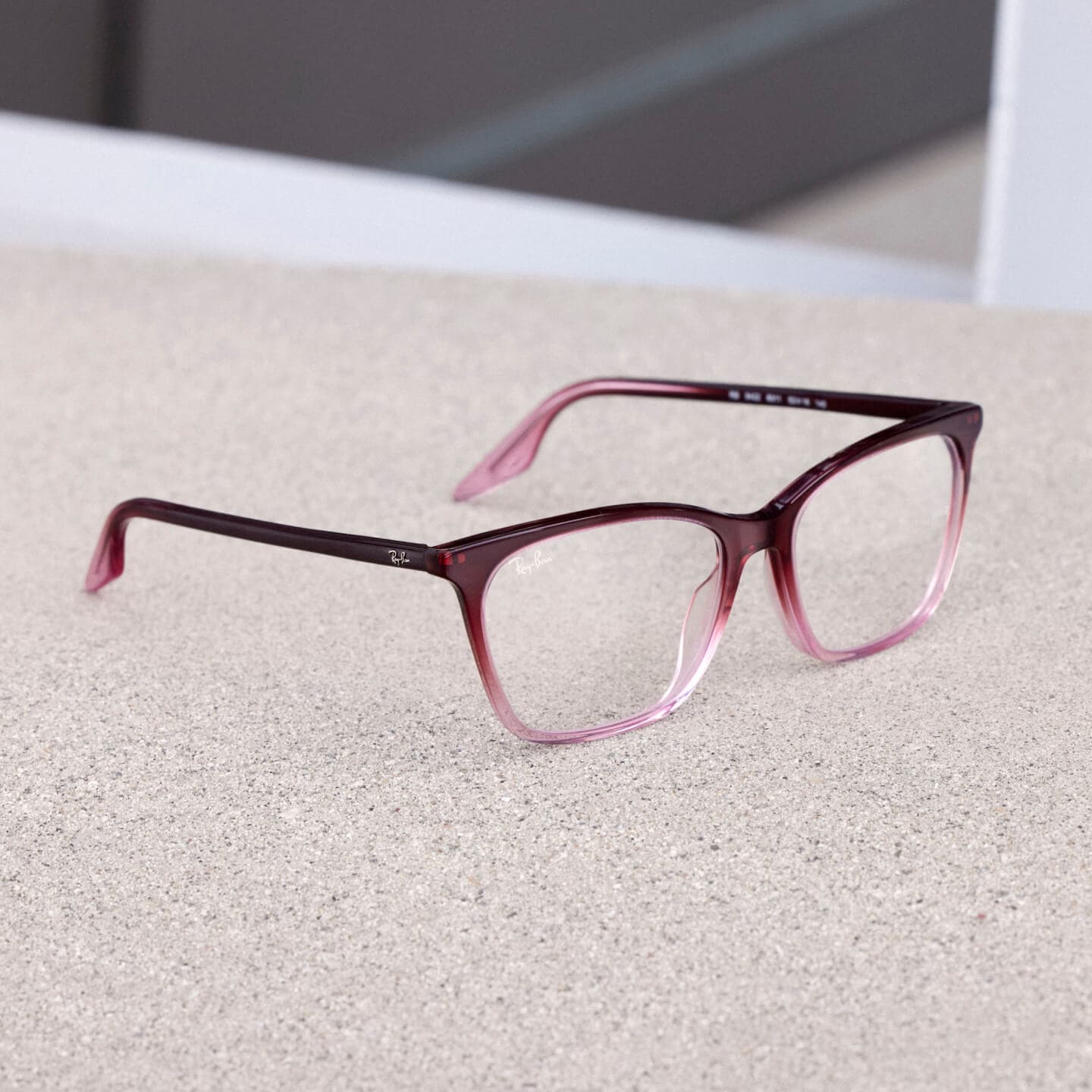
How to clean
your
eyeglasses
Cleaning your glasses regularly can help you see
better when wearing them and keep them looking new.
While it may seem like you can use any cloth and cleaner to clean your glasses, this is actually not the case. It’s important to avoid using
regular household glass cleaners or ammonia-based products, as they can damage your eyeglass lenses.
For best results, use an eyeglass cleaner and microfiber cloth created specifically for use with eyewear.
To clean your glasses, spray them with eyeglass cleaner and wipe them dry with a clean lens cloth or microfiber cloth. If you notice marks
or scratches that can’t be removed with a good cleaning, bring your eyeglasses into a LensCrafters store and ask an associate for their
recommendation.
Without regular cleaning, you may notice oil, smudges and debris on your lenses, which can make it difficult to see through them clearly.
This buildup can also be seen by someone talking to you — one more reason to clean your eyeglasses regularly.
In-store
eyewear care
If you can't remove dirt and oil buildup from your glasses yourself, contact us at one of our 1000+ stores for a free cleaning and
adjustment service. Complimentary adjustments are supplied for the life of your glasses and include checking for and tightening loose screws
as well as replacing nose pads.
*Certain LensCrafters locations may not be able to adjust your particular frame.
Please contact your local
LensCrafters to inquire.
For extra protection, take advantage of LensCrafters’ One-Year
Eyewear Protection plan when you buy your glasses. It covers accidental damage
from handling and protection from normal wear and tear.
How to clean
contact lenses
If you wear daily disposable lenses, simply throw your contacts in the trash at the end of each day. For biweekly and monthly contact lenses, there are various contact lens solutions available to clean your contacts and store them overnight. These solutions remove the buildup of oils and proteins that, when left on your contact lenses, can cause eye irritation and make lenses deteriorate faster.
When cleaning your contact lenses, make sure you:
- First wash your hands with oil-free soap and water, then dry them with a clean, lint-free towel.
- Place one lens at a time in the palm of your hand, cover it with a few drops of solution, then gently rub the lens in the solution — even if you are using a "no-rub" product.
- Rinse the lens again with solution after rubbing off the debris.
- Place the lens in a clean contact case or lens holder, then cover with fresh contact solution.
For best results when cleaning your contacts:
- Do not use tap water, saliva or medicated drops to clean contact lenses.
- Do not handle your contacts with unwashed hands.
- Do not store contact lenses in a case or holder that has not been rinsed with hot water and dried using a clean tissue or cloth.
- Do not “top off” old solution with new solution after you’ve placed your contact lens in its case.
- Do not wear contact lenses longer than recommended by your eye doctor.
HELPFUL TIPS TO
CARE
FOR YOUR
GLASSES AND
CONTACT lenses
While regular cleanings keep your frames and lenses shiny and clear, taking proper care of them helps prolong their wearability. Here are a few care tips to make sure you’re getting the most from your glasses or contacts:
GLASSES:
- Use both hands when you remove your eyewear to avoid bending or twisting them.
- Keep your glasses in a hard eyewear case when not in use to keep them from getting scratched, scuffed or crushed.
CONTACT LENSES:
- Clean your contact lens case regularly to help keep it hygienic.
- If you experience dry eye symptoms, using specially formulated eye drops can make your contacts more comfortable to wear for longer periods of time.
While cleaning and caring for eyeglasses and contacts requires a level of responsibility, doing so will make a big difference in how well you see, how comfortable you feel and how long your eyewear lasts.
Arrange an eye exam in 3 easy steps
Choose your location
Arrange an eye exam
Add to calendar








